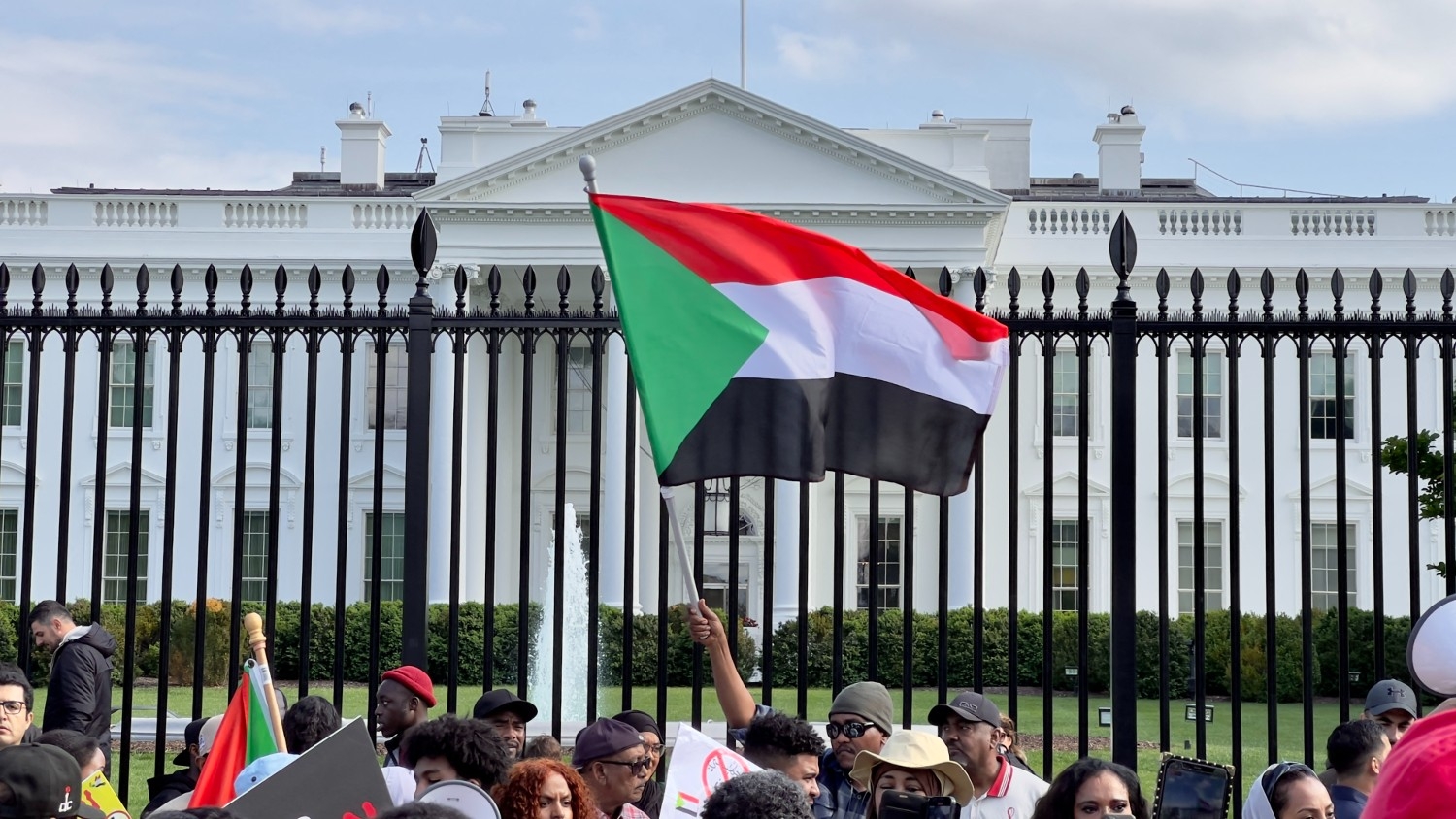US lawmakers urge UAE to end support for RSF in Sudan

A group of nearly a dozen Democratic members of US Congress is calling on the United Arab Emirates to end its support for Sudan's Rapid Support Forces (RSF), a paramilitary organisation whose rebellion in April has led to intense fighting and an underreported humanitarian crisis.
In a letter sent to Emirati Foreign Minister Abdullah bin Zayed this week, the ten members of Congress said that they are "gravely concerned over reports that the United Arab Emirates is providing material support, including arms and supplies, to the RSF".
"As you know, the provision of arms into Darfur would be a violation of the UN Arms Embargo for Darfur established under UNSC Resolution 1591," the lawmakers told the foreign minister in their letter, which is dated 19 December.
"This violation would be a grave reputational risk for the UAE and put the longstanding close partnership with the United States into question."
The lawmakers added they "are paying attention to the UAE’s actions in Sudan". The letter was led by Sara Jacobs, a ranking member of the House Foreign Affairs Subcommittee on Africa.
Stay informed with MEE's newsletters
Sign up to get the latest alerts, insights and analysis, starting with Turkey Unpacked
Earlier this month, Sudan's foreign ministry expelled 15 Emirati diplomats from the country.
And last month, Yasser al-Atta, a top general and second-in-command to Sudanese army chief Abdel Fattah al-Burhan, accused the UAE of sending supplies to the RSF.
Atta claimed the UAE sent the supplies through airports in Uganda, Chad and the Central African Republic.
The UAE responded by stating that it had "consistently called for de-escalation, a ceasefire and the initiation of diplomatic dialogue". The UAE also previously denied a Wall Street Journal report claiming that weapons were found in its aid shipments to Sudan, and said it "does not take sides in the current conflict".
Middle East Eye reached out to the Emirati embassy in Washington for comment on the letter, but did not receive a response by time of publication.
Divided Sudan 'not in anyone's interests'
Sudan's army (SAF) and the RSF have been at war since 15 April, in a conflict that has killed 12,000 people and displaced seven million, according to the United Nations.
Unicef says that in Darfur alone at least five million children are facing extreme deprivation of their rights and protection risks due to the ongoing conflict.
The most recent conflict in Sudan began after tensions arose between RSF leader Mohamad Hamdan Dagalo, also known as Hemeti, and the head of the SAF, General Abdul Fattah al-Burhan.
The two were previously allies when they in 2021 overthrew the civilian-led government in Sudan that was formed in the wake of the toppling of longtime leader Omar al-Bashir.
However, tensions between the two leaders emerged, chief among them the plan to integrate the RSF into the Sudanese military within two years, and the RSF and SAF now see themselves on opposing sides of a devastating conflict.
The RSF began attacking SAF positions in the capital Khartoum and other areas of Sudan in April, setting off a bloody conflict that has continued to this day.
"A divided Sudan could lead to regional instability and a widening of the conflict, which is not in anyone’s interests," the letter said.
Middle East Eye delivers independent and unrivalled coverage and analysis of the Middle East, North Africa and beyond. To learn more about republishing this content and the associated fees, please fill out this form. More about MEE can be found here.




